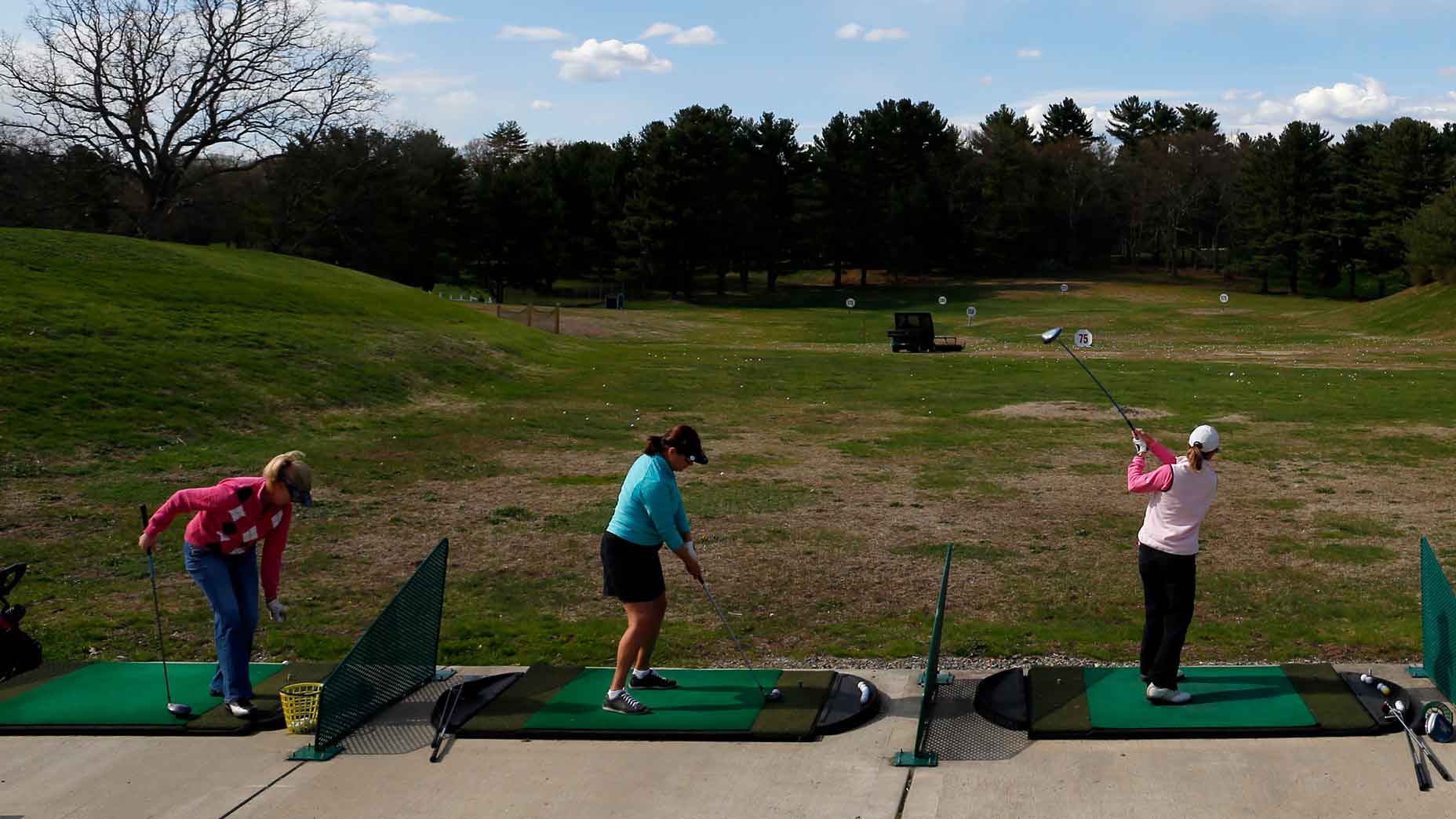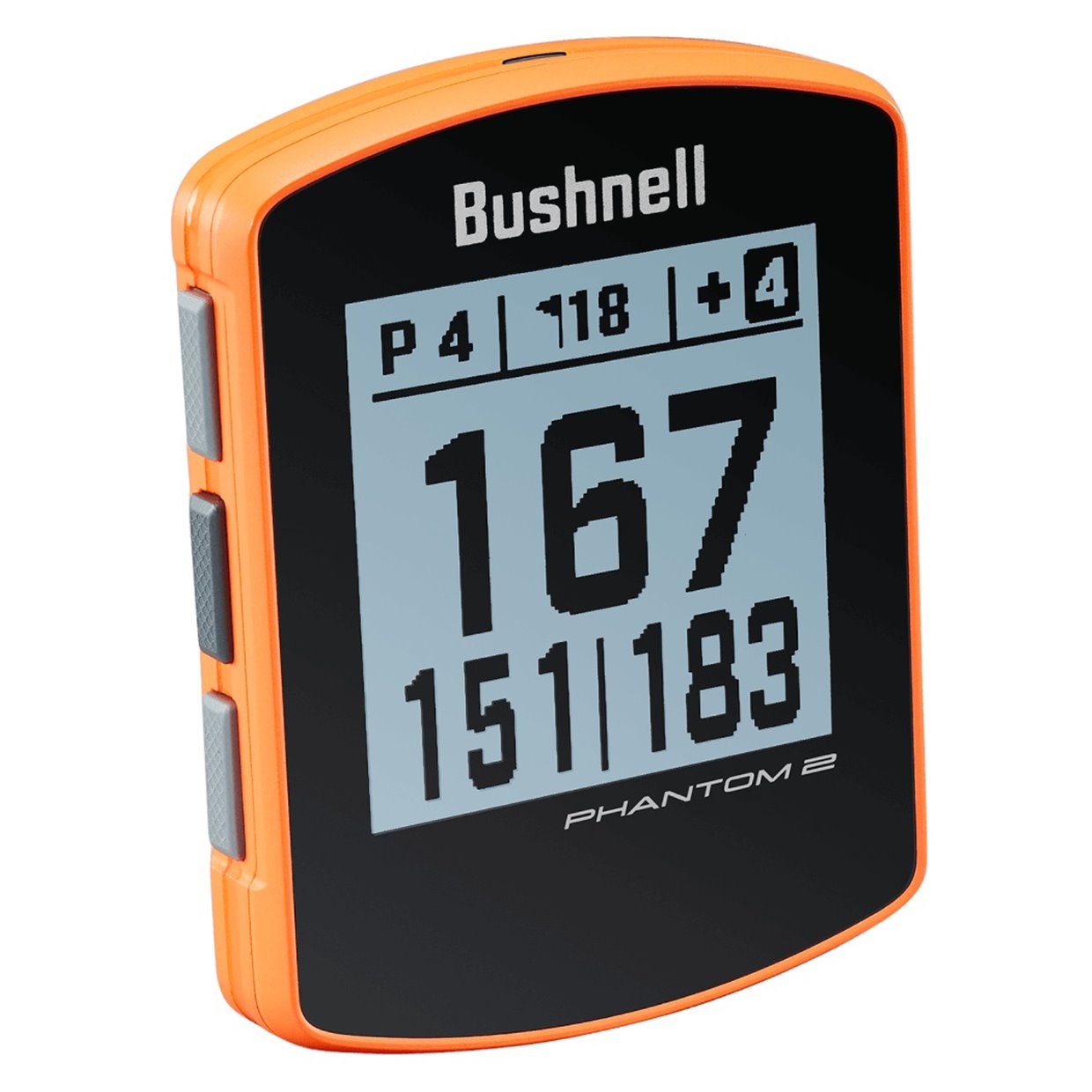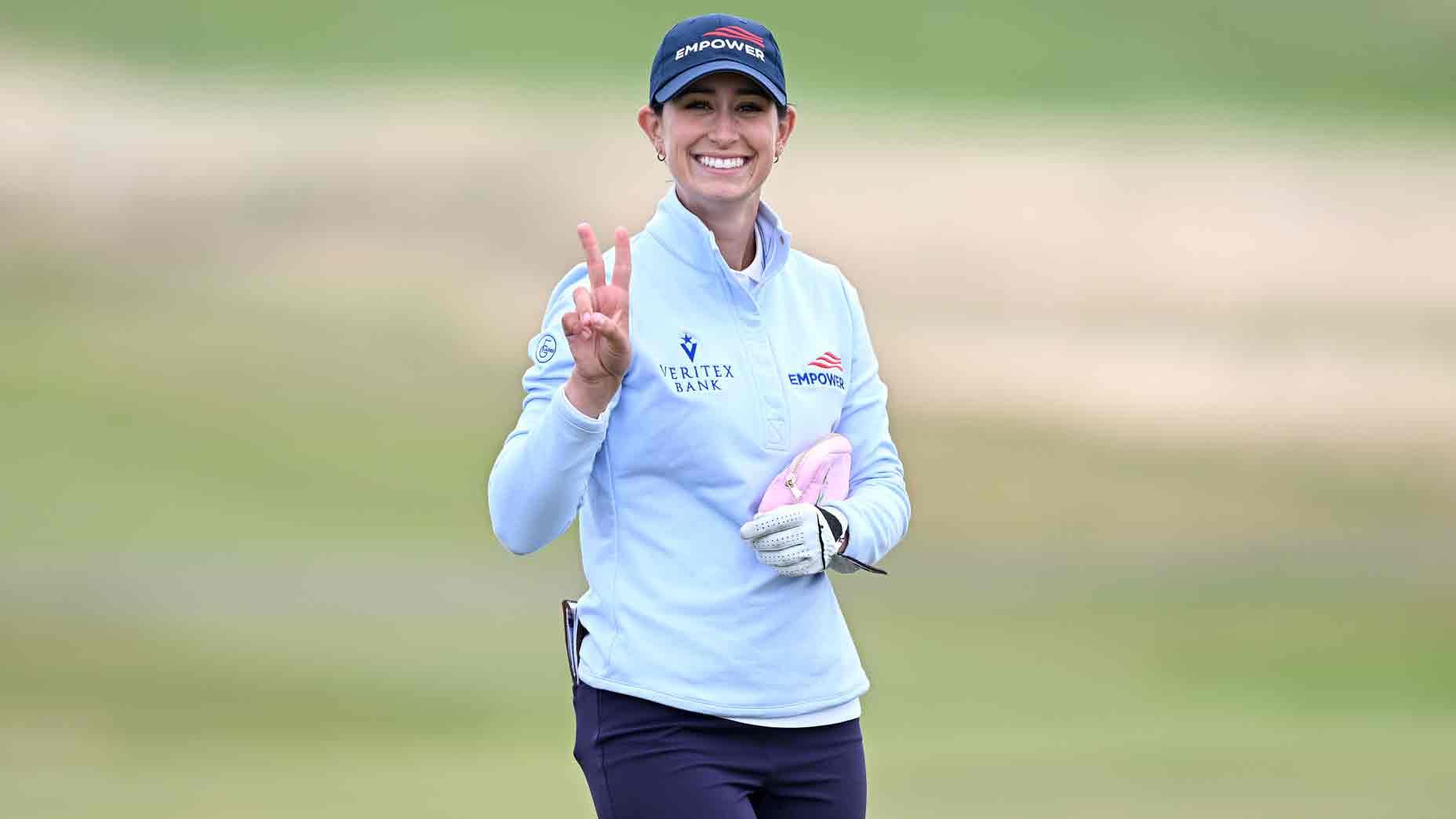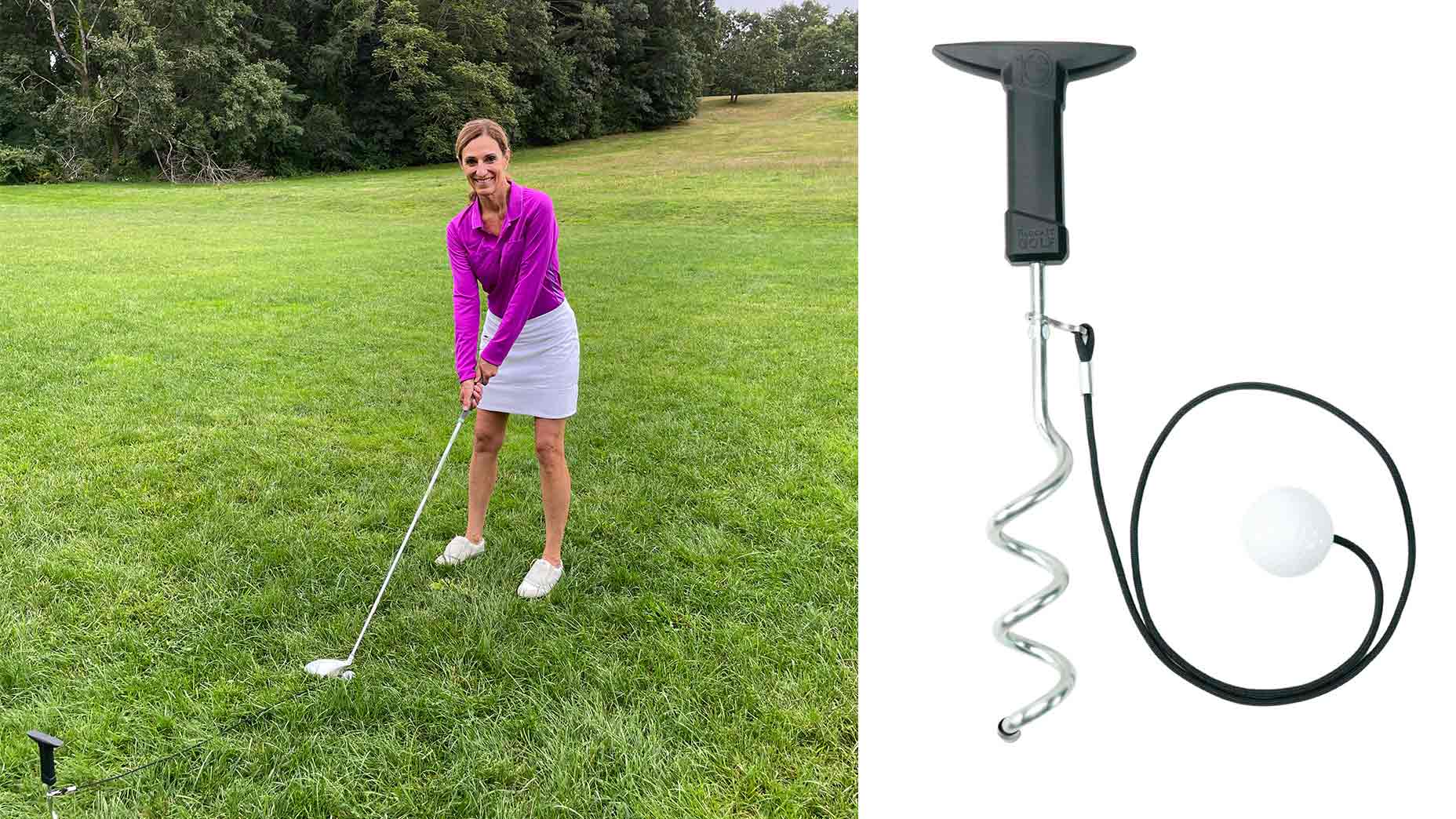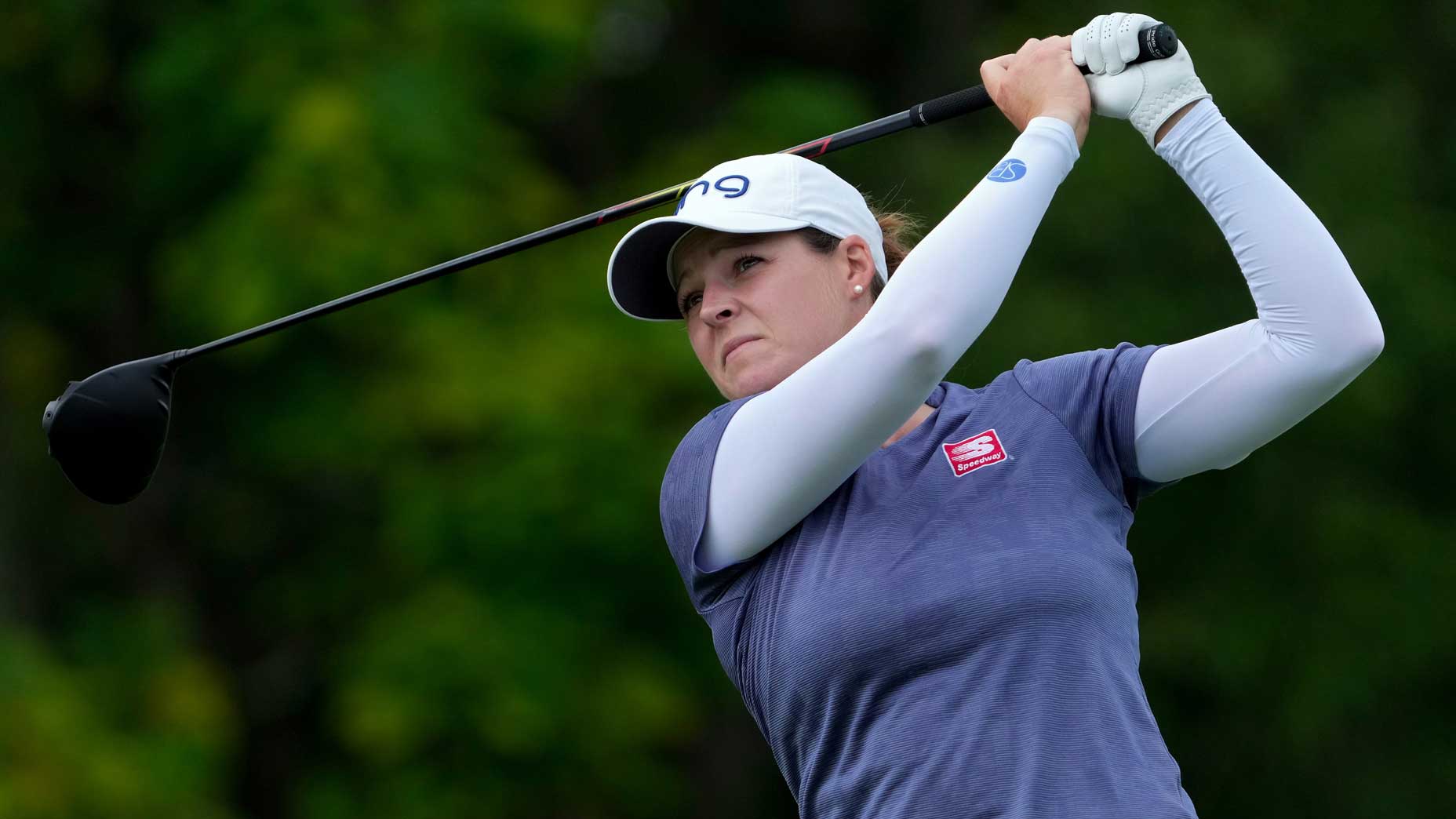Stuck in an improvement rut? Here’s why keeping a mental scorecard will help

When it comes to improvement, your mental game is just as important as your physical game.
Alison Curdt
What’s the most reliable indicator of improvement in your game? Most golfers use the number of strokes they take on the golf course (their total score) as the best way to assess their progress. Watching the trend of your handicap index over time is another good way to go.
But wholistic improvement is about much more than just numbers. A huge component of success in golf is sharpening your mental game, but that progress can be hard to quantify. Mastery of the mind entails regulating your emotions when challenges arise during the course of a round, and fully committing to your decisions. When you really get the hang of it, you’ll start to see a difference in the hard numbers I mentioned above.
So, how can you judge your mental performance after a given round? Here’s what I recommend.
Think about your errant shots
After a round, analyze how many errant shots occurred due to:
1) Poor course-playing strategy
2) Indecisiveness and/or lack of commitment
3) Selecting the wrong strategy for the shot at hand
Learning to improve your decision-making, being clear-minded when flooded with emotions, and committing to and trusting the choices you make will certainly save a few shots off your game.
One example of poor course strategy would be going for a par-5 in two shots and ending up in a difficult place that causes you to scramble to save bogey. A lack of commitment or indecisiveness in hitting the shot prevents your body from making the swing you want. Selecting the wrong strategy for the shot you are facing could include hitting a sand wedge to chip on the green when a 7-iron bump-and-run would be low-risk and high reward.
Keep your mental scorecard
Next time you are on the course, create your own mental scorecard and keep track of these three suggested elements:
1) Trust
2) Decision making
3) Emotional Regulation
Give yourself a 5 if you fully trusted your move, committed to your decision, and handled the feelings inside of you so they didn’t prevent your success. Give yourself a lower score, down to a 1, if you doubted yourself or held onto anger from a previous shot or hole.
In this score, the higher total indicates you completed a round of golf with good decisions, trust, and with neutral to positive emotional states. Beginners can start by rating themself after each hole, whilw elite players can go as deep as rating themselves on every shot.
Track your results over time and enjoy noticing the strokes falling off as you gain control over yourself and your game.
Dr. Alison Curdt is a PGA Master Professional and a LPGA Master Professional at Wood Ranch Golf Club in Los Angeles, Calif. She is also a licensed sport psychotherapist with a doctorate degree in clinical psychology.
Does your bag need an overhaul? Visit the expert fitters at our affiliate company, True Spec Golf.

